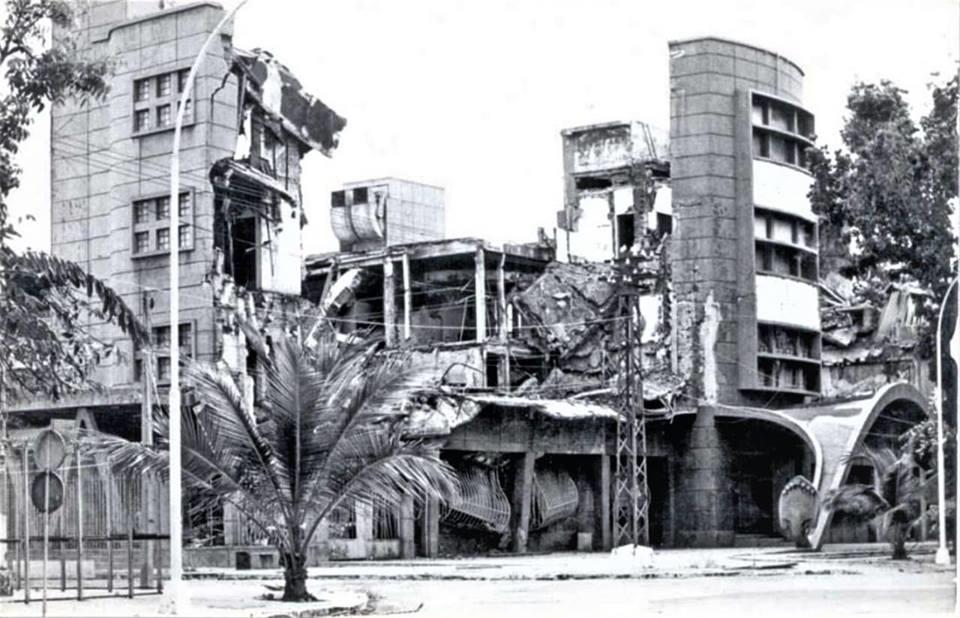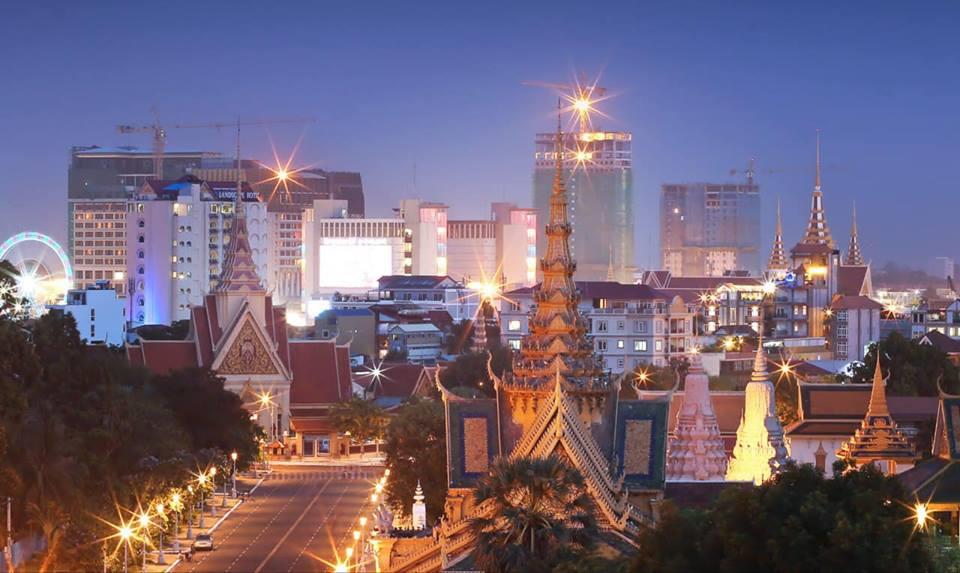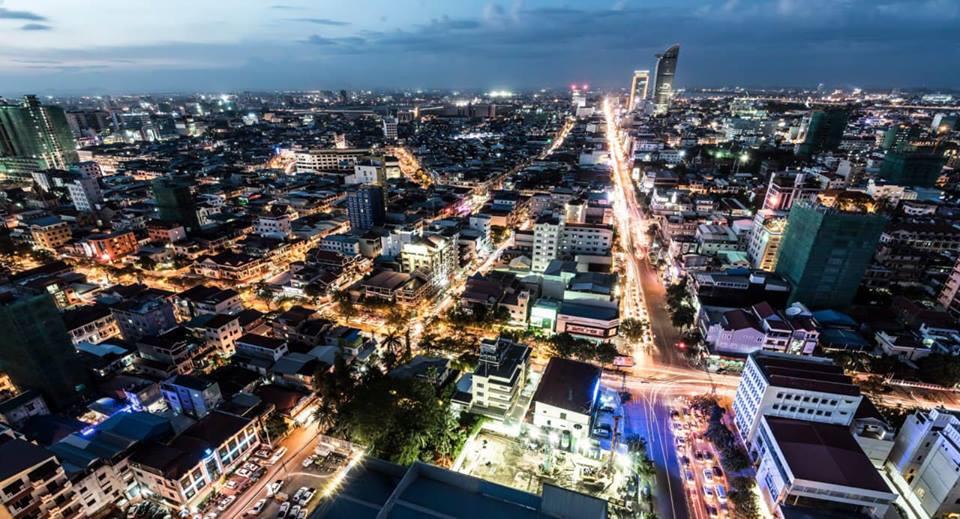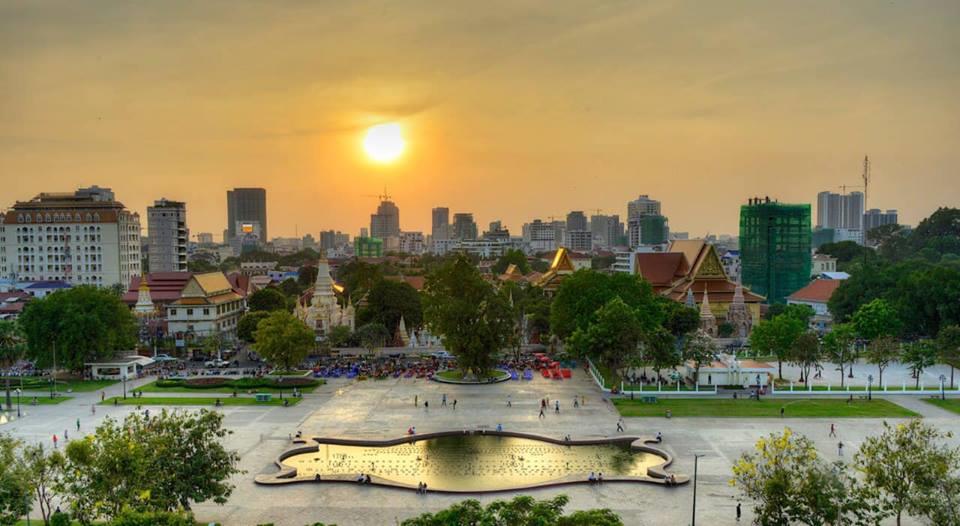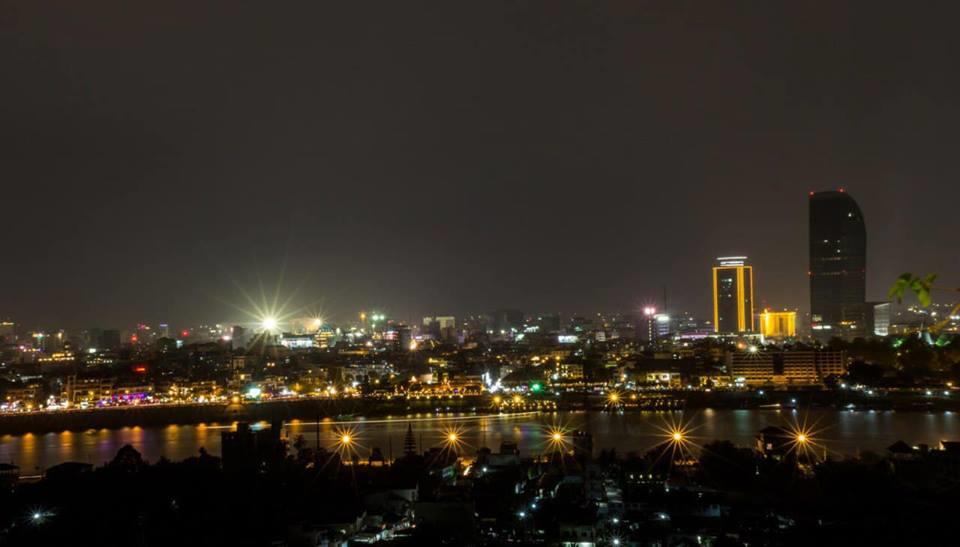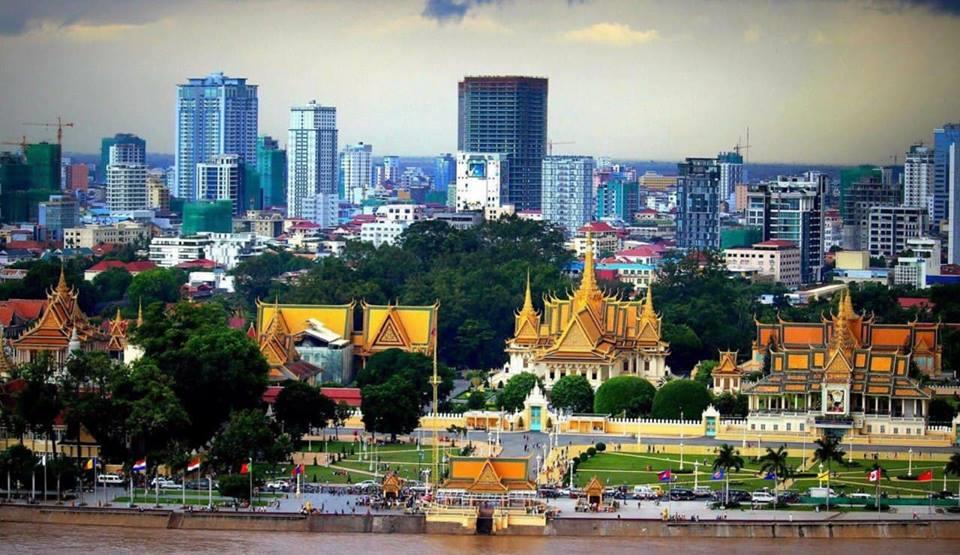Phnom Penh (FN), Jan. 29 - Cambodian Prime Minister Hun Sen, on Tuesday, appealed to his compatriots to jointly preserve peace and prevent wars and genocide, writing on his Facebook Tuesday attached with six images comparing between Phnom Penh in Pol Pot Regime and Phnom Penh under his leadership.
"Cambodia shall always embrace peace,” the premier underlined adding that: “Over the past 20 years of full peace, Phnom Penh continues to prosper. We must jointly preserve peace, and prevent the recurrence of fierce battleground and destruction.”
Cambodians, with their own sweat and blood, has transformed an unfortunately impoverished nation into a stable prosperous society.
Cambodia received United Nations peacekeeping forces to operate peacekeeping mission on this war-torn country in 1993. Today, Cambodia dispatches Cambodian peacekeepers to contribute to peacekeeping mission around the world. Currently, 813 Cambodian peacekeepers, 50 females, are carrying out UN peacekeeping missions in five countries. Over the past 12 years, Cambodia has dispatched 5,486 peacekeepers in total, 254 females to 10 missions in eight countries, including Sudan, South Sudan, Lebanon, Cyprus, Syria, Chad, Mali and Central African Republic. Cambodia not only favors peace and stability in her own kingdom but beyond.
Cambodia was alienated in terms of politics and economy. Today, Cambodia is integrating actively, with equal rights, into regional and international stages. Cambodia is a member of at least 40 international organizations, namely UN, ASEAN, WTO, etc.
Cambodia was known for using arms to seize power and change the government, even worse Cambodia had been under the influence of foreigners – The Democratic Republic of North Vietnam (1965-1970); The United States (1970-1975); The People’s Republic of China (1975-1979); The Socialist Republic of Vietnam (1979-1989). Today, Cambodia possesses sovereignty, independence, and territorial integrity; she practices liberal multi-party democracy, holding regular elections with free, fair, and just principles. From the 1991 Paris Agreements, Cambodia embarked on a long journey, successfully held six regular general elections: 1993, 1998, 2003, 2008, 2013, and 2018. Cambodia allows people to exercise their rights of freedom to choose their leaders with respect to the rule of law. The fundamental human rights of Cambodian citizens have been significantly fulfilled in term of their basic rights to food, to education, to health, to jobs, to security and peace.
Cambodia was known as a killing field, an insecure region full of landmines of which everyone is afraid to step upon this poor soil. Today, Cambodia is a peaceful kingdom, one of the most popular tourist attractions in Southeast Asia, welcoming millions of international tourists per annum, and the number continues to grow.
Cambodia was an underdeveloped country troubled by poverty and food insecurity. Today, Cambodia exports thousands of tons of rice and other agricultural products to 70 countries.
Thanks to peace and political stability, Cambodia’s economy has been among the fastest growing economies, 7% per annum over the past two decades, unmatched by any other post-conflict society. Cambodia has moved up classification into a lower-middle income economy by the World Bank Group in 2016. Cambodia significantly reduced poverty rate to below 10% in 2017 compared to 50% in 1992 and absolute poverty in 1979. Among 69 countries that have comparable data, Cambodia ranked fourth in terms of the fastest poverty reduction in the world from 2004-2008.
=FRESH NEWS
